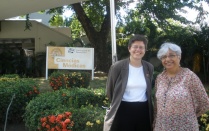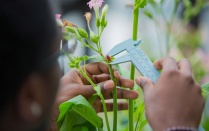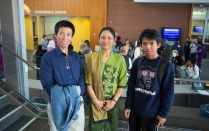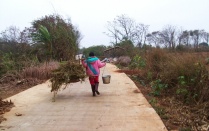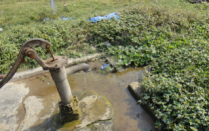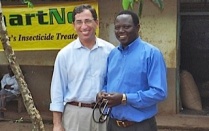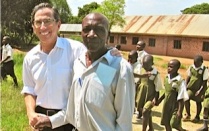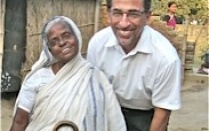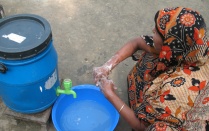UB faculty member receives prestigious psychology award
American Psychological Association recognizes Kristin Gainey for early career contributions
Release Date: February 11, 2019 This content is archived.
BUFFALO, N.Y. – Kristin Gainey, an assistant professor in the University at Buffalo Department of Psychology, has received one of the American Psychological Association’s (APA) 2018 Early Career Distinguished Scientific awards, a recognition that’s among the field’s highest honors of achievement.
Gainey is among the six recipients formally announced recently by the APA, the largest scientific and professional organization for psychologists in the U.S., for Early Career Contributions to Psychology. The award, presented annually since 1974, recognizes the work of psychologists who received their doctorates within the last 10 years. Award recipients were recognized and presented their work at the APA’s annual convention last August.
An APA committee selects the award recipients from a group nominated by scientists and institutions. The committee considers 10 research areas for the award, which rotate annually in groups of five: animal learning, developmental, health, cognition, psychopathology, behavioral neuroscience, perception, social psychology, applied research and individual differences (e.g., personality). Gainey received the award for her work in psychopathology research.
The Early Career Contributions honorees represent one of three award categories that also includes the APA’s Award for Distinguished Scientific Contributions and its Award for Distinguished Scientific Applications of Psychology.
The APA cited Gainey’s groundbreaking work in the study of personality, affect and psychopathology and her innovative research that seeks to better understand the development and maintenance of major depression and anxiety disorders.
“This is an honor and a surprise, especially when you look at the award’s history and the list of distinguished recipients, including several from our own department, who do such amazing work,” she said. “I’m humbled to be recognized in that kind of company. I’m also grateful for the support of UB in getting my research career started, and the important contributions of my students and collaborators to this work.”
Gainey is an expert in emotion regulation and her work focuses on the role of affect (the component of emotion that describes a particular feeling) in psychopathology. She examines how emotions impact anxiety and depression, and attempts and implications of trying to control or change those emotions.
“There is so much to understand in this area,” she says. “My recent work is on affect and symptoms as they happen in daily life. Using smart phones, we can begin to examine these things in real time, rather than asking people in a lab, after the fact.”
Gainey says that exploring emotions in the moment can better illuminate what combination of factors work best to help people cope with difficult or unwanted emotions.
“The idea is to find that fit between what someone is experiencing emotionally and how they might want to change that response in ways that are healthy and adaptive in specific situations,” she says.
In a slightly different context, mentioning a particular fit and responding to circumstances provides a glimpse of Gainey’s diverse background.
She completed a double major in music and psychology at Harvard University and later completed a master’s degree in pipe organ performance at Yale University.
“I was torn between the two disciplines, “she says. “My first year of graduate work in music clarified my career goals. I really enjoy music, but I missed psychology and research.”
During her second year at Yale, she applied for the PhD program in psychology at the University of Iowa, where she obtained her doctorate.
“Music is still a big part of my life,” she says. “I played as a church organist nearly every week throughout college and graduate school, and even played recently at St. Stanislaus Church in Buffalo.”
Media Contact Information
Bert Gambini
News Content Manager
Humanities, Economics, Social Sciences, Social Work, Libraries
Tel: 716-645-5334
gambini@buffalo.edu
We want to hear about what you are doing in the field of global health. UB faculty, staff, and students, please send us articles highlighting your work!

